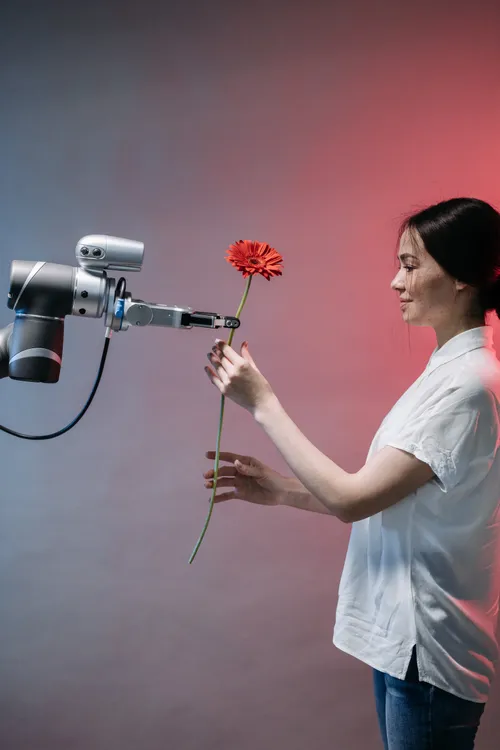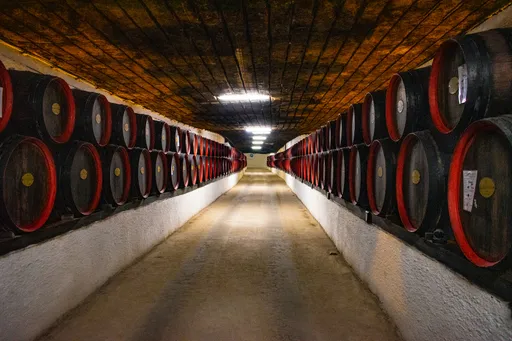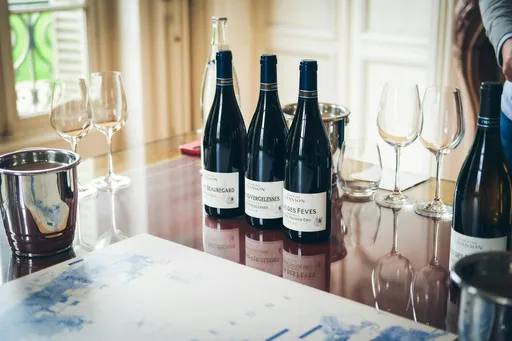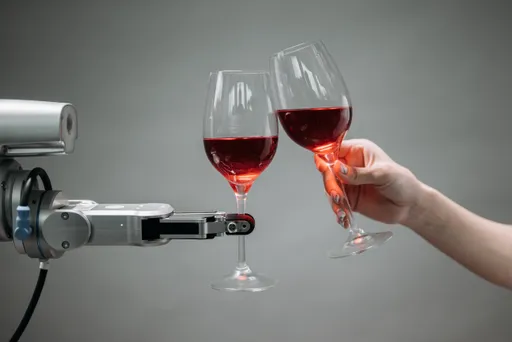AI and Winemakers: how advanced technology can aid in the vineyard

Introduction
The marriage of artificial intelligence (AI) and viticulture is revolutionizing the way winemakers approach vineyard management. From optimizing grape cultivation to predicting climate patterns, AI is becoming an indispensable tool for winemakers aiming for precision and excellence in their craft.
Precision agriculture
Smart farming for quality grapes. AI-driven technologies provide winemakers with tools for precision agriculture. Drones equipped with sensors can monitor vine health, soil conditions, and hydration levels, allowing for targeted interventions and ensuring the optimal development of grapevines.
Disease detection and prevention
Proactive vineyard health management. AI algorithms can analyze data from various sources, including images and sensors, to detect early signs of diseases or pest infestations. This early detection enables timely and targeted interventions, minimizing the need for broad-spectrum treatments.
Climate and harvest predictions
Harnessing data for informed decisions. AI’s ability to process vast amounts of data allows winemakers to make more accurate predictions regarding climate patterns and optimal harvest times. This data-driven approach enhances decision-making, ensuring the harvest is conducted at the peak of grape ripeness.
Resource optimization
Efficiency in resource management. AI can optimize resource allocation in the vineyard. From water usage to fertilizer application, AI systems analyze data to recommend precise quantities, minimizing waste and environmental impact while maximizing grape quality.
Predictive maintenance
Preserving vineyard equipment. AI-powered predictive maintenance ensures that vineyard machinery is kept in optimal condition. By analyzing usage patterns and performance data, AI systems can predict when equipment is likely to require maintenance, reducing downtime during critical periods.
Human expertise and technology integration
AI as a collaborator, not a replacement. While AI brings unprecedented precision and efficiency to vineyard management, it does not replace the role of experienced viticulturists. Instead, it serves as a valuable collaborator, providing data-driven insights that complement the intuition and expertise of human winemakers.
Future innovations
Continued evolution in viticulture technology. The synergy between AI and viticulture continues to evolve, with ongoing research and development. From robotic grape harvesting to real-time disease monitoring, the future holds exciting possibilities for the integration of advanced technology in every stage of winemaking.
Will AI replace humans?
Is this or not the most frequent question? Downstream from the considerations made above, we are convinced that humans will always play a fundamental role in decision-making. That blend of experience, study, and ingenuity will always play a central role in achieving an excellent product. However, for those who can seize the moment and the right approach, AI can provide significant assistance in the world of viticulture.
Conclusion
In the ever-evolving landscape of winemaking, the integration of AI in vineyard management marks a significant leap forward. By leveraging technology to enhance precision, sustainability, and overall grape quality, winemakers can navigate the challenges of viticulture with newfound efficiency. The future promises a harmonious blend of human expertise and technological innovation, creating a thriving and sustainable future for vineyards around the world.


